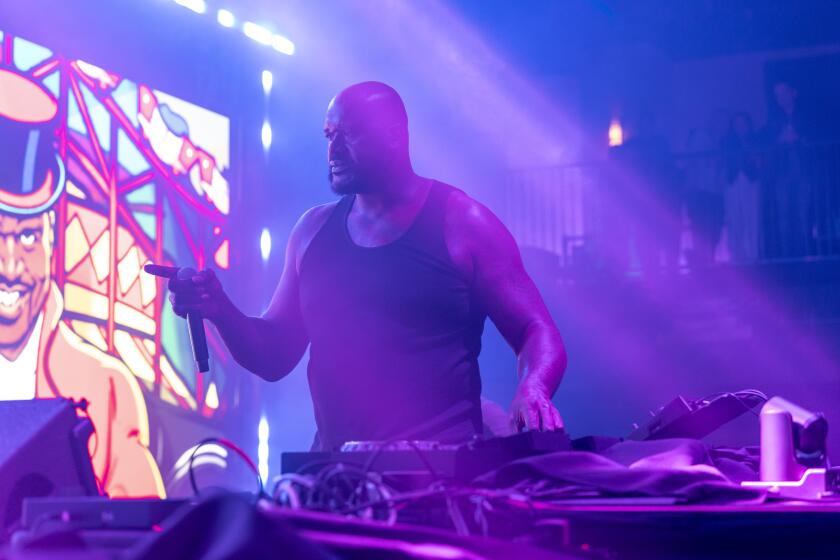Shaquille O’Neal, during his 19-year illustrious NBA career, was never caught using illegal drugs. The 7-foot-1, 325-pound Hall of Fame center played through pain, often concerned about potential kidney and liver damage from long-term use of legal anti-inflammatory drugs. Recently, O’Neal shared a curious incident on the “Inside the NBA” show regarding a positive cocaine test before the 1996 Olympics. The test was dismissed after he explained that he had eaten a poppy seed muffin, which can cause false positives for opioids but not cocaine. This discrepancy suggests O’Neal may have confused the substances involved.
On this week’s “Dax Shepard Armchair Expert” podcast, O’Neal discussed his use of opioid painkillers like oxycodone and strong nonsteroidal anti-inflammatory drugs (NSAIDs) such as indocin. He admitted to sometimes exceeding prescribed doses, which led to tension with his doctor. He compared his medication intake over 19 years humorously as “a club sandwich, fries, two tablets.” O’Neal first touched on his painkiller usage in the HBO documentary “Shaq” (2022), where he spoke about the toll these drugs took on his kidneys and liver, calling the damage a permanent limitation.
O’Neal wrestled with the idea of addiction but questioned if needing the medication truly qualified as such. He also kept his painkillers hidden from his family but confided in the team trainer. Back in 2000, while leading the Lakers to three straight championships, O’Neal voiced concern about the risks of anti-inflammatory drugs, suspecting these might have contributed to fellow player Alonzo Mourning’s kidney disease. Despite this, he went back to using NSAIDs two years later after a stomach illness led to tests on his kidneys and liver, which revealed some damage but nothing critical.
Throughout his career, O’Neal dealt with conditions like arthritis and sprains, and he acknowledged that without medication, playing would have been impossible. He has also promoted non-prescription pain relief methods, endorsed topical painkillers since 2003, and advocated for better tools to identify drug impairment among drivers. More recently, he mentioned relaxing with hookah, distancing himself from marijuana use.
O’Neal’s openness about his struggles with pain management and medication reflects ongoing challenges athletes face with injuries and long-term health.
Fan Take: This insight into Shaq’s painkiller use highlights the physical sacrifices even the greatest players endure to perform at elite levels. It reminds basketball fans that behind the glory lies the reality of managing pain, which could push the sport to prioritize safer and more effective health care for its athletes.



